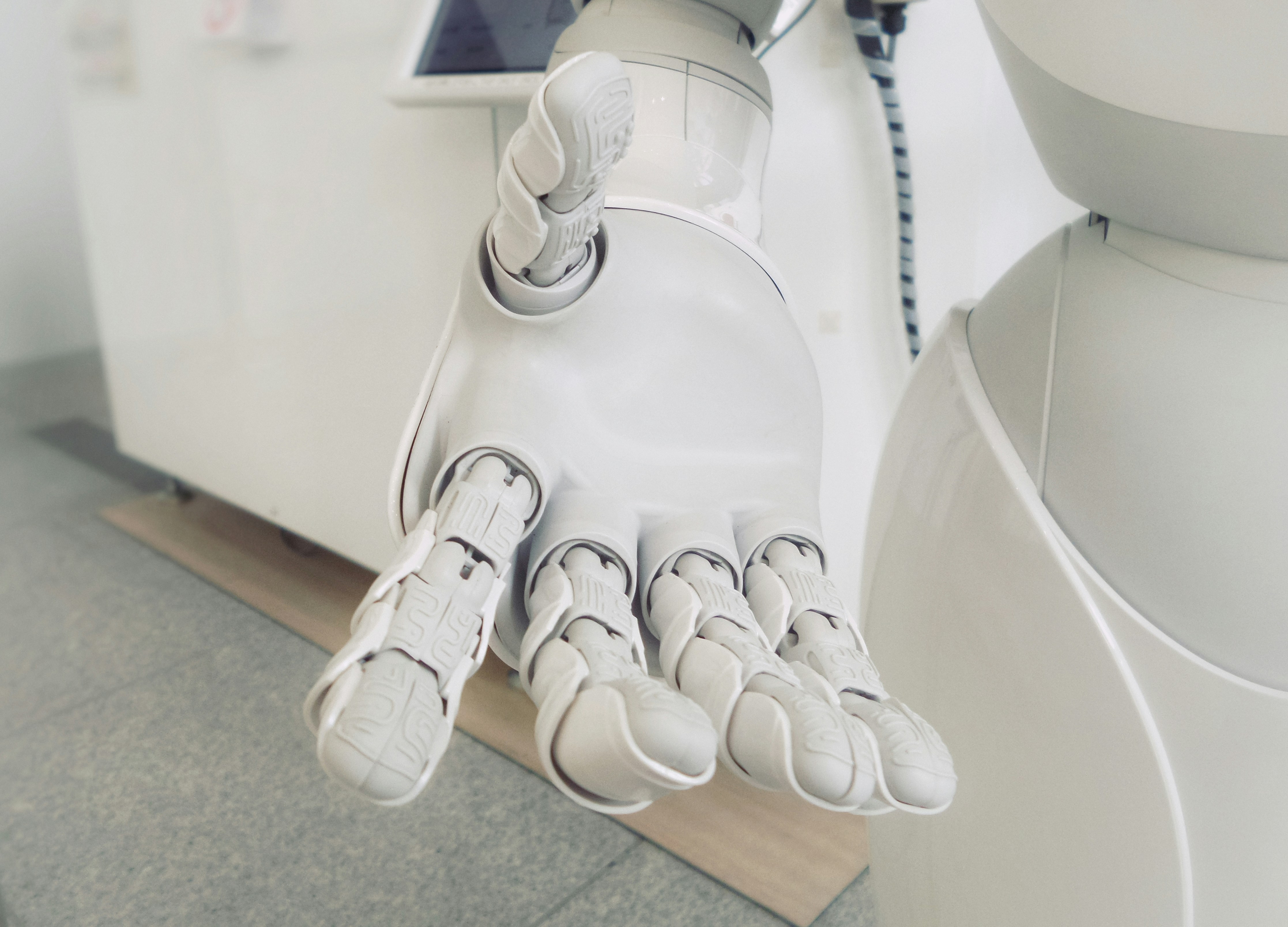
Robotics Jobs for Career Switchers in Their 30s, 40s & 50s (UK Reality Check)
Robotics looks futuristic from the outside. People picture humanoid machines, cutting-edge labs & young engineers writing complex code. In the UK job market, the reality is more practical and more encouraging for career switchers: robotics is already embedded across manufacturing, logistics, healthcare, agriculture, defence, construction & inspection. That means there are real jobs for people in their 30s, 40s & 50s who bring operational experience, delivery skills, quality discipline & the ability to work with real-world systems. This article gives you a clear UK reality check on robotics careers for career switchers: what roles genuinely exist, which paths are most realistic, what skills employers actually hire for, how long retraining tends to take & whether age is a factor.

